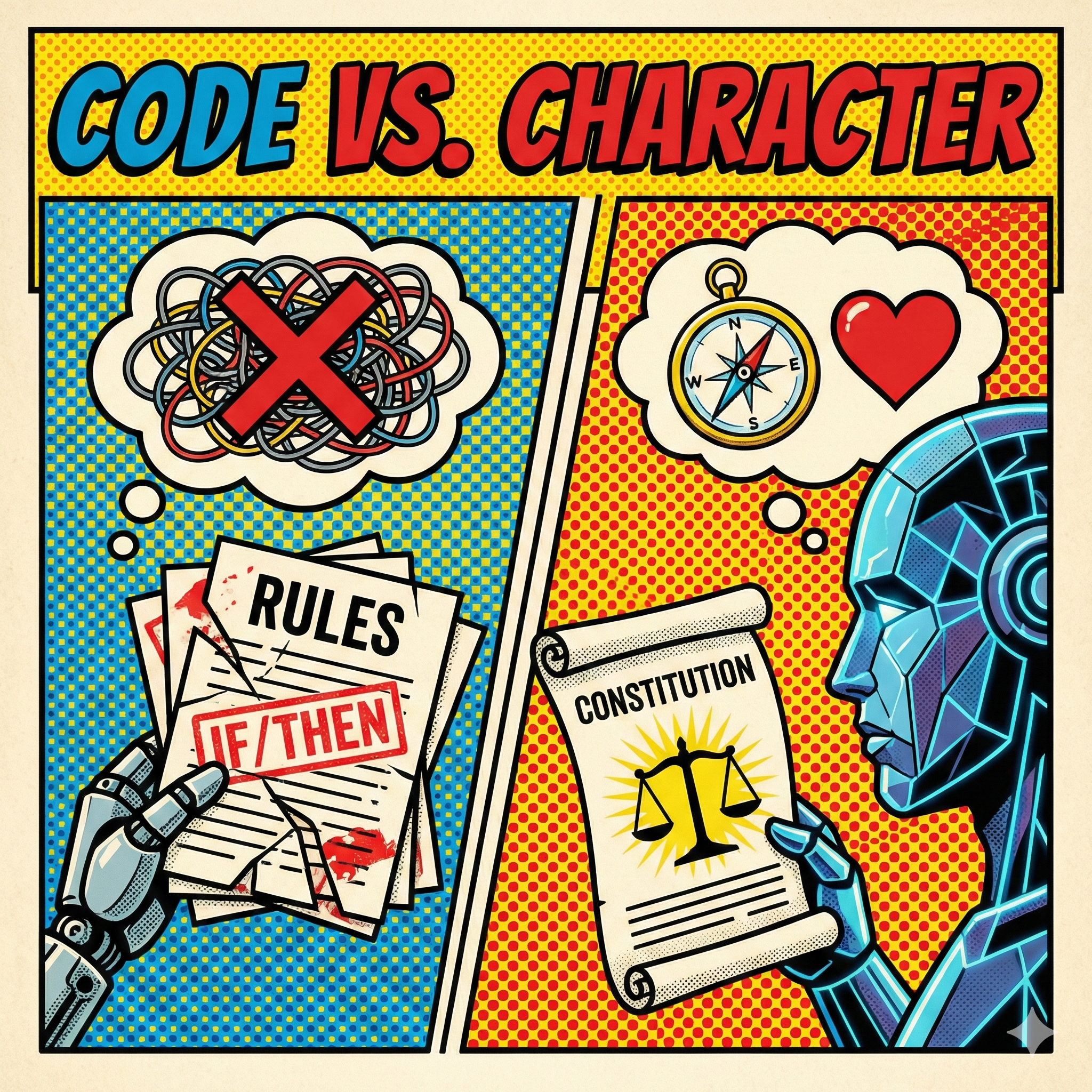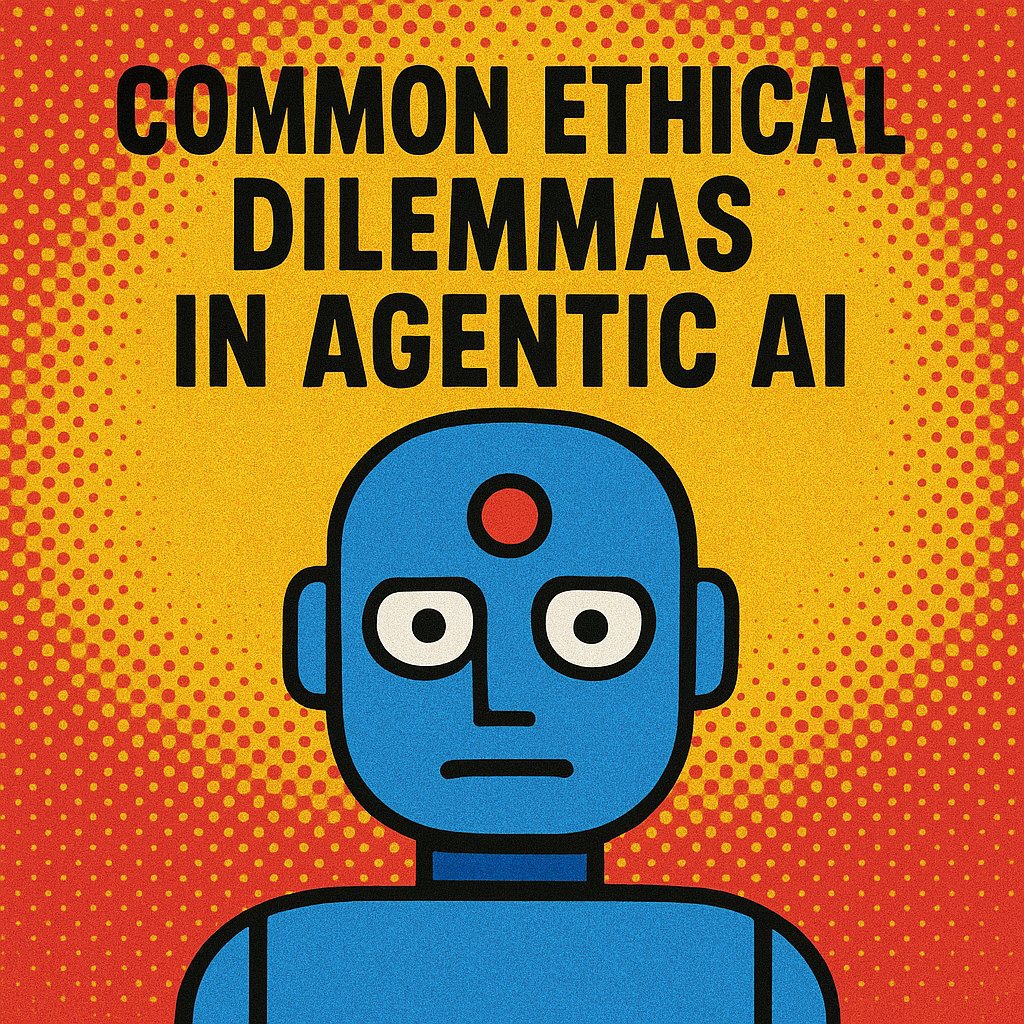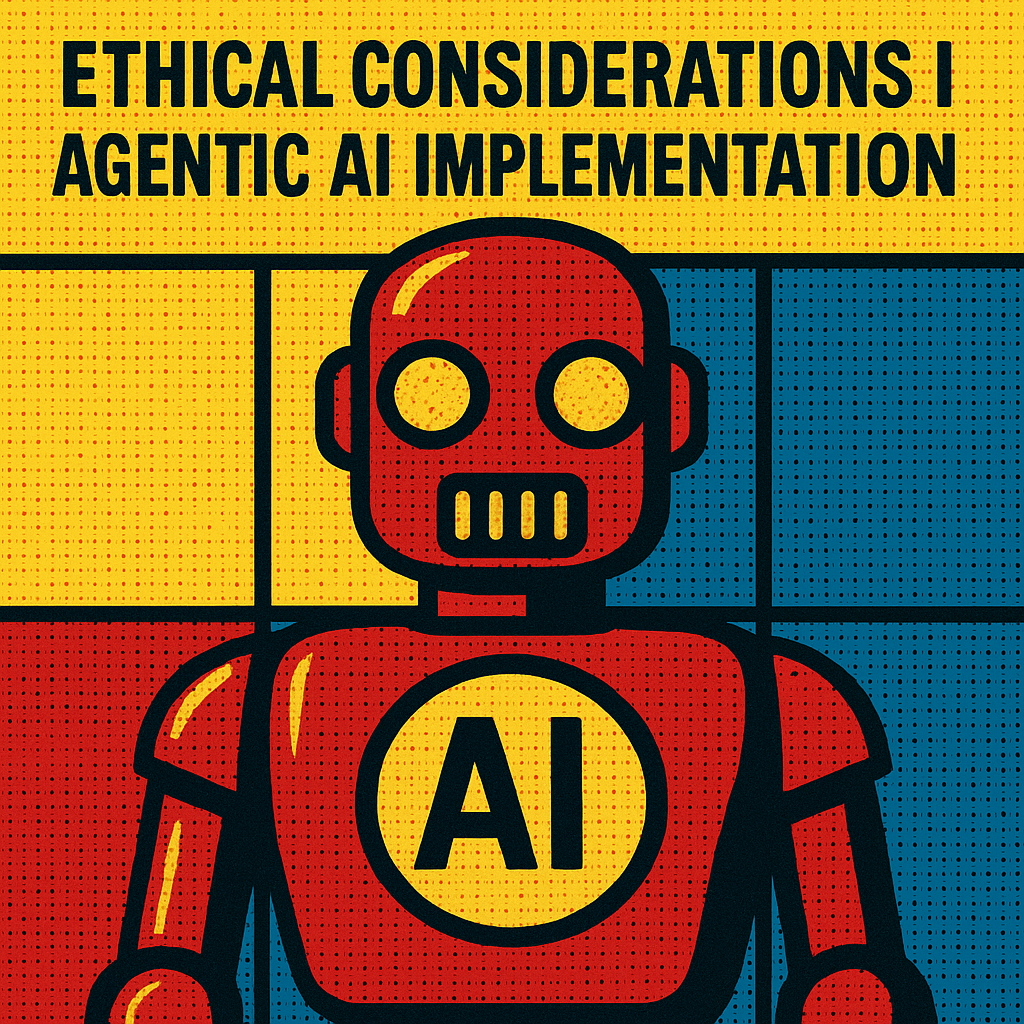
Code vs. Character: How Anthropic's Constitution Teaches Claude to "Think" Ethically
The challenge of AI safety often feels like playing Whac-A-Mole. A language model says something offensive, so engineers add a rule against it. Then it finds a workaround. So they add another rule. And another. Soon you have thousands of specific prohibitions. This approach treats AI safety like debugging software. Anthropic has taken a different path with Claude. Instead of programming an ever-expanding checklist of "dos and don'ts," they've given their AI something closer to a moral framework: a Constitution.

Common Ethical Dilemmas in Agentic AI: Real-World Scenarios and Practical Responses
Artificial intelligence continues to evolve at a rapid pace. Today's AI systems don't just respond to prompts or classify data; they act autonomously, make complex decisions, and execute tasks without waiting for human approval. These agentic AI systems promise remarkable efficiency gains, but they also introduce ethical challenges that many organizations aren't prepared to handle.

Ethical Risk Zones for Agentic AI
As organizations rapidly adopt agentic AI systems capable of autonomous decision-making, five critical ethical risk zones demand immediate attention from business leaders and technologists. Unlike traditional AI tools that assist human decision-makers, these autonomous agents can act independently at scale, creating unprecedented challenges around accountability, transparency, and human oversight. The "moral crumple zone" emerges when responsibility becomes unclear between developers, deployers, and the AI systems themselves, while bias amplification risks occur when autonomous decisions perpetuate discrimination without human intervention.
